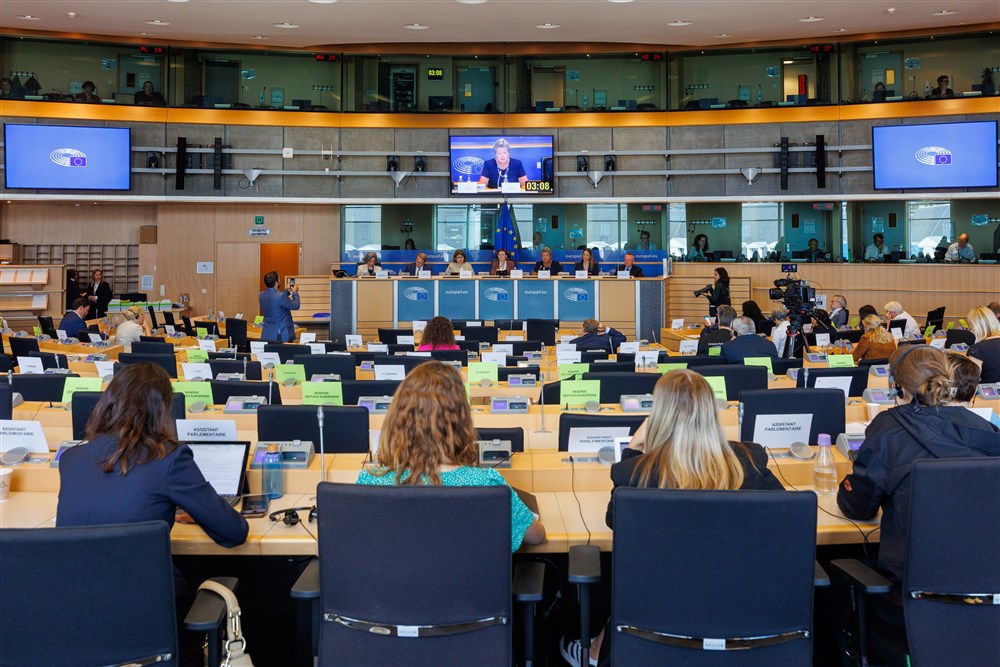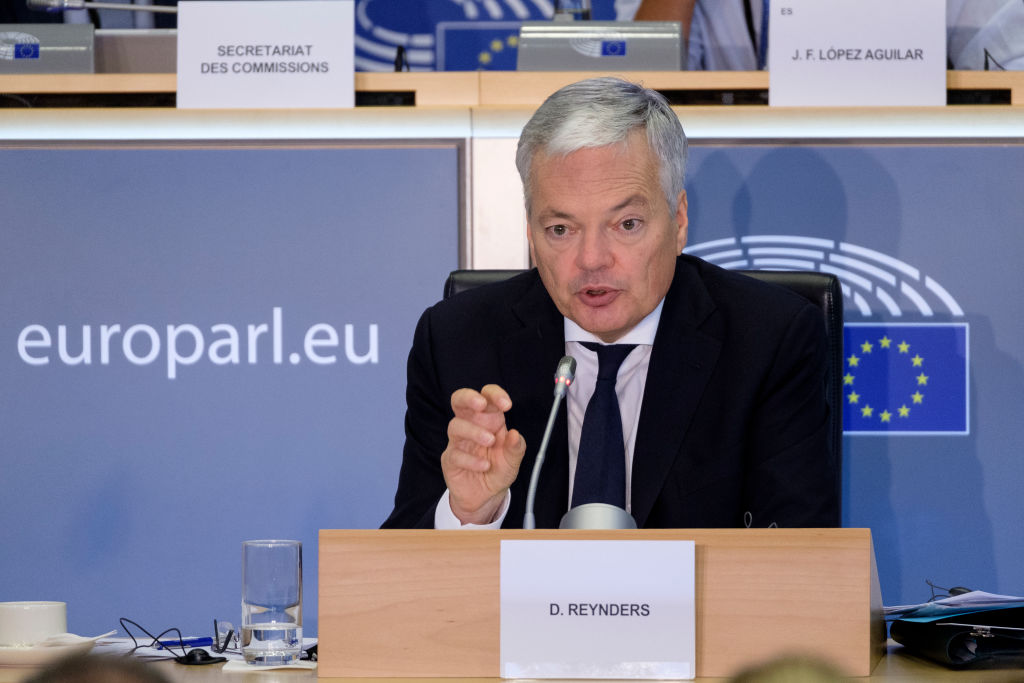The European Commission says payments imposed on European Union Member States that reject relocated migrants are not “penalties”.
In a written query, Polish MEP Witold Jan Waszczykowski highlighted what he said were problems with the latest version of the Migration Pact, as ongoing EU legislation is called.
One was in relation to “financial penalties” that would be imposed on Member States that rejected migrants under the law.
The “penalties” in question are part of the proposed “Solidarity Mechanism”, under which EU countries will have the choice of taking in relocated migrants, or paying €20,000 per migrant rejected into a common EU fund.
Some believe this to effectively mean mandatory relocations by-the-back-door.
But the EC says no-one is being forced to do anything.
In response to Waszczykowski’s question, Ylva Johansson, the Commissioner responsible for EU migration policy, wrote that the current version of the Pact “does not include a penalty for Member States not contributing to solidarity through relocation.” Instead, Member states have a “choice … to contribute through relocation or other means, in particular through financial contributions”.
The EC maintains that while relocations will not be mandatory, “solidarity” will be.
Johansson also upped the stakes against dissenting nations. Speaking at the beginning of the July, she said countries that neither pay the “solidarity money” nor take in migrants will be subject to punitive measures imposed by the EU.
The possibility of EU sanctions was confirmed both by Johansson and by EC spokespeople.
For many in the EU, the proposed Migration Pact is regarded as a good deal. For richer Northern countries in the bloc, paying €20,000 is seen as a bargain compared to the costs of hosting migrants and asylum-seekers. For the Mediterranean frontline countries, that money is much needed and very welcome.
But less wealthy Eastern European countries see it as a bad deal. They would be less willing to pay €20,000 per migrant refused.
Poland, in particular, is angered, as it believes the current EU approach does not account for the millions of Ukrainian refugees that the country already hosts.
The latest version of the planned migrant law is causing controversy across the bloc. While it has been largely agreed upon by most Member States, it has not been officially adopted by the Council of Ministers, due to the resistance of Hungary and Poland.





